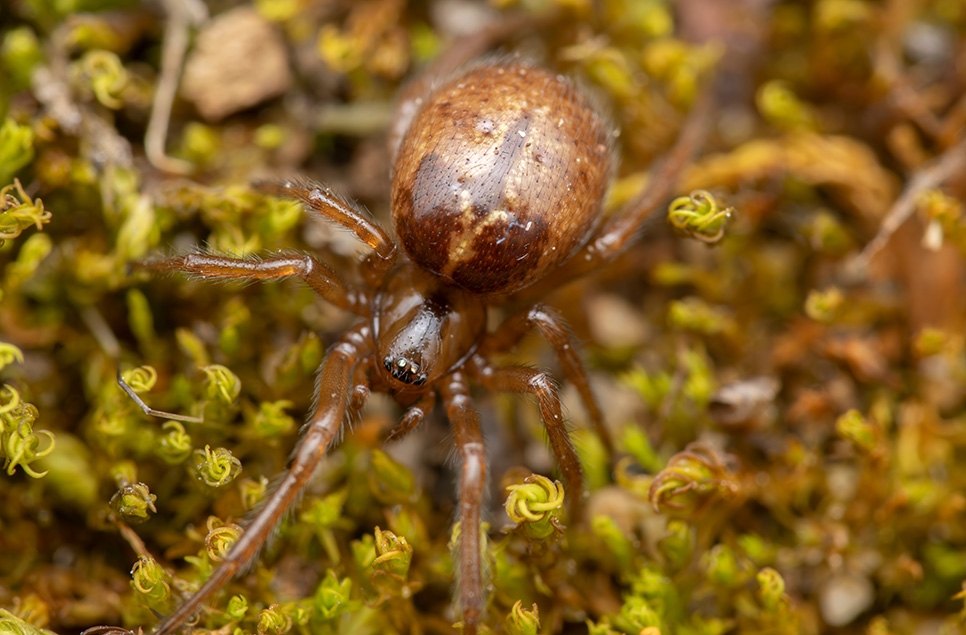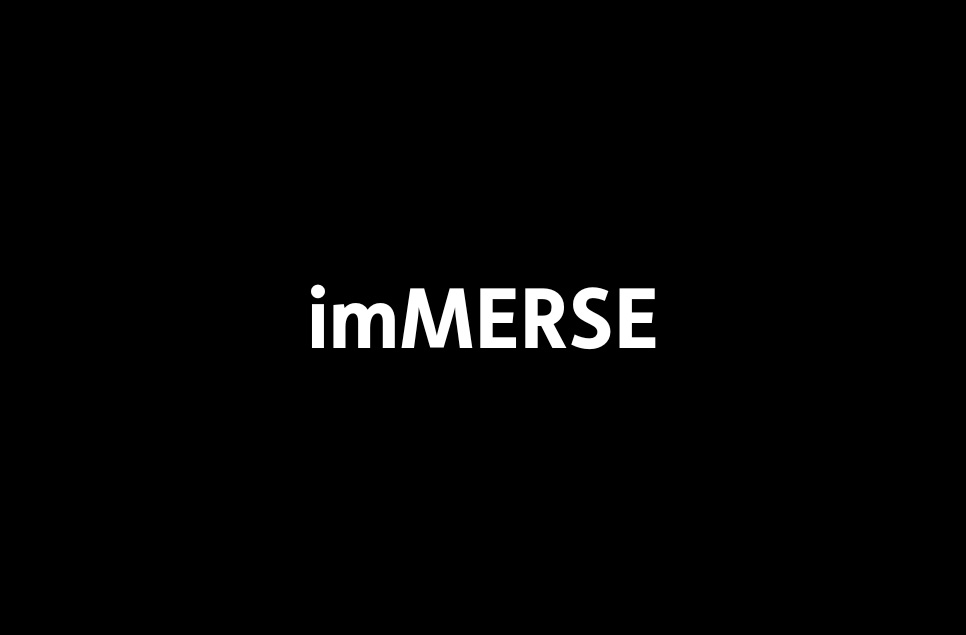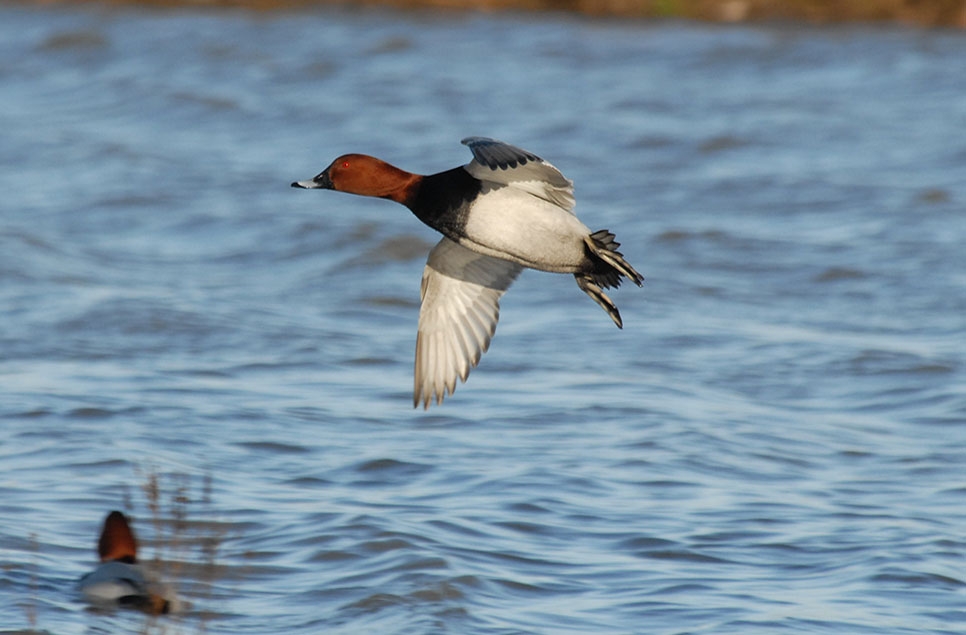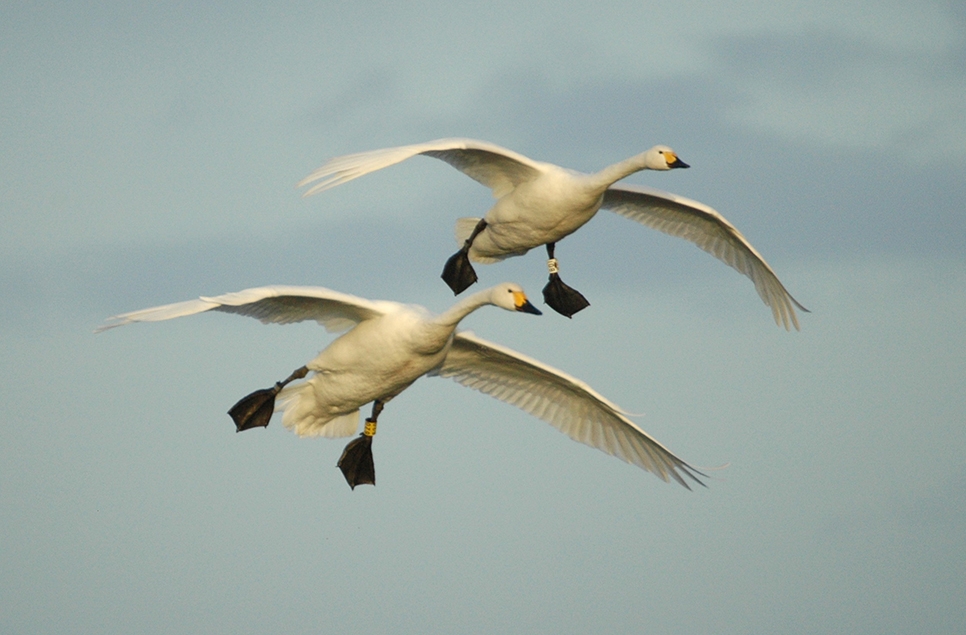The Global Wetland Outlook: Wetlands disappearing three times faster than forests
Wetlands are disappearing three times faster than natural forests, warns the Ramsar Convention's report ahead of a global meeting on protecting the world’s wetlands in 2018. Wetlands are as essential for our water as forests are for our air.
Wetlands are disappearing three times faster than natural forests, warns a new report ahead of a global meeting on protecting the world’s wetlands. Wetlands are as essential for our water as forests are for our air.
The report by the Ramsar Convention looked at the period of 1970 to 2015. It also found:
- Nearly a third of the world’s wetlands disappeared in that time
- The worst hit continents were Latin America which lost 59% while Africa lost 42%
- The worst hit sub-continental region of all was Europe’s Mediterranean zone which lost almost half (48%) of its wetlands
- Globally, 81% of freshwater wetland species populations declined with many amphibians and crustaceans now under global threat of extinction
- On current trends, by 2050 a third of all life – including humans – will likely be exposed to drinking water contaminated with agricultural chemicals
The UK wasn’t singled out in the report but that’s because it lost much of its wetlands before this report’s period - England alone has lost 90% of its natural wetland area.
Why does this matter?
The loss of vast areas of beautiful landscape and the range of plants and animals they support is obviously a devastating loss to people and the world. Wetlands are home to around 40% of species directly and indirectly support almost all life.t, filter-cleans the water and nourishes plants and animals for food. They also store more carbon than other habitats, and help regulate air temperatures.
Those perfect conditions led to most human cities beginning in wetlands, but then expanding and destroying those wetlands, as well as further wetlands in order to find new space to grow industrialised food to feed those cities.
The result is billions of pounds now being spent on drainage, farming, flood protection and water treatment in order to try and replace the services wetlands used to give us for free. We end up with a world of concrete workarounds rather than being surrounded by nature which is better for our mental and physical health. Ramsar’s report shows this approach isn’t working.
What’s being done about it worldwide?
170 countries including the UK will meet in Dubai next month to tackle the issue. They are all signatories to the Ramsar Convention on Wetlands.
Alongside them, the Convention has six advisory organisations of which WWT is one (the others are the IUCN, WWF, Birdlife International, Wetlands International and IWMI).
Ahead of that meeting, WWT and the other advisory organisations have written an open letter to all the signatory countries to press for greater protection for wetlands. As a starting measure, we’re calling for the countries to support teams of experts, known as Advisory Missions, to give technical help to countries dealing with complex wetland issues.
What else is WWT doing?
We have a wide-ranging WWT strategy to improve wetlands for wildlife and people.
Hundreds of strands of work are underway worldwide. WWT for example is involved in community projects in countries including the UK, Madagascar and Cambodia and we’re repairing and we’re helping to create new wetlands around the world – from Uruguay to China.
Ahead of the Ramsar Convention meeting in Dubai, this week we’ve taken the opportunity to publicise the value of wetlands to millions of people across the UK. On two mornings, BBC1 Breakfast featured our work to its audience of 6million viewers.
- On Wednesday it featured our research on how gaps between wetlands could be stopping eels in the UK getting back out to sea to spawn and die in the Sargasso Sea. We were filmed catching wild eels in Gloucestershire, measured them (using a measuring tape in a drainpipe!) and fitted them with microchips so we could record if and when they crossed into an estuary.
- On Thursday it featured how one of our projects, WWT’s Llanelli Wetland Centre, shows there is also great hope because, unlike rainforests and ancient forests that take centuries to re-establish, we can rebuild wetlands in a relatively short time. WWT Llanelli Wetland Centre helps to clean water from the local treatment works before it enters the Burry Inlet, as well as provide a home for thousands of wetland animals and a great place for local people to visit.



